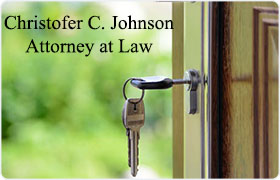Felton Foreclosure Lawyer, Delaware
Sponsored Law Firm
-
 x
x

Click For More Info:
-
Christofer C. Johnson, Esq.
1007 N Orange St 4th Floor Wilmington, DE 19801» view mapReal Estate, Foreclosure, Landlord-Tenant Get The Support You Need For Your Case
Christofer C. Johnson, Esq. has a track record of successful case outcomes and provides legal counsel for a reasonable price.
800-941-4370
Not enough matches for Felton Foreclosure lawyer.
Below are all Felton Real Estate lawyers.
Mark F. Dunkle
Condominiums, Commercial Real Estate, Commercial Leasing, Defamation & Slander
Status: In Good Standing Licensed: 36 Years
Carolyn H. Debernard
Residential Real Estate, Estate Planning, Wills & Probate, Divorce & Family Law
Status: In Good Standing Licensed: 33 Years
Scott Emory Chambers
Real Estate, Municipal, Criminal, Accident & Injury
Status: In Good Standing Licensed: 11 Years
 Christofer Johnson Wilmington, DE
Christofer Johnson Wilmington, DE AboutChristofer C. Johnson, Esq.
AboutChristofer C. Johnson, Esq. Practice AreasExpertise
Practice AreasExpertise
